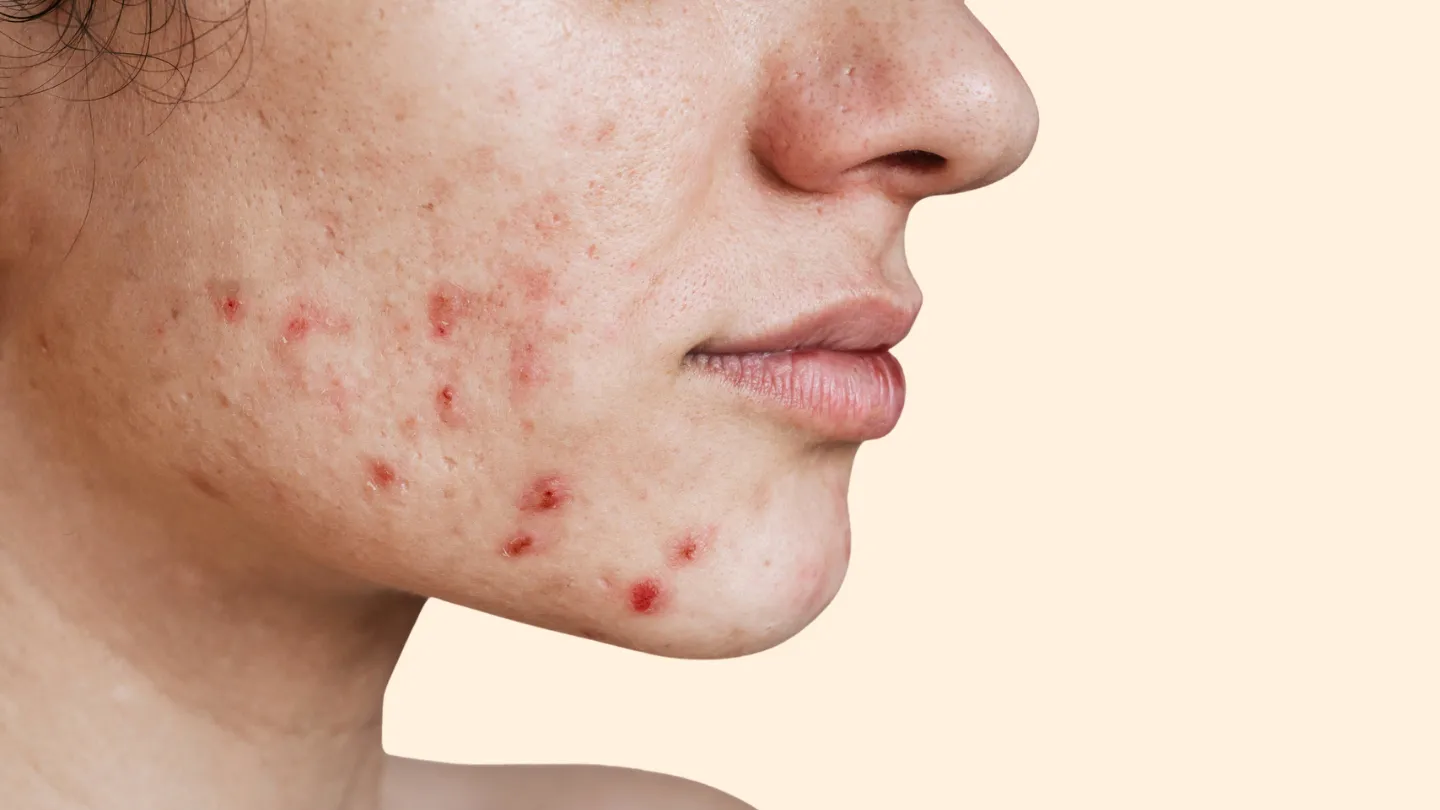Examining the Complex Relationship Between Spironolactone and Pregnancy
Originally approved as a blood pressure medication, spironolactone has gained significant popularity in recent years as an off-label treatment for hormonal adult acne in women. However, its mechanism of action also indicates it could pose risks in pregnant patients. This leaves many wondering - can you get pregnant while taking spironolactone? And does spironolactone prevent pregnancy altogether?
How Spironolactone Treats Acne
Spironolactone acts as an androgen receptor blocker in the skin, interfering with how hormones called androgens can trigger excess oil production and inflammation. These are primary drivers behind acne flare-ups. So by regulating hormones, spironolactone helps clear up breakouts.
Antiandrogenic Effects Systemically Too
While beneficial for skin health, spironolactones anti-testosterone effects are not isolated to the dermatological system. The medication can suppress androgen activity throughout the body with wide-ranging effects.
Impact on Menstruation and Fertility
In some women, spironolactone alters the natural menstrual cycle due to its influences on hormones like estrogen and progesterone. Changes may include spotting between periods, lighter/heavier flow, or missed periods altogether.
Can You Get Pregnant on Spironolactone Treatment?
With spironolactones ability to interfere with ovulation and menstruation, many logically question its role in fertility and conception. The answers highlight why close medical oversight is essential.
Pregnancy Not Recommended Due to Birth Defects Risk
If becoming pregnant while actively taking spironolactone, the drug does pose heightened dangers of birth defects to the developing fetus. As such, pregnancy is strongly discouraged for those currently undergoing spironolactone treatment.
Stopping Spironolactone Prior to Conception
To mitigate major risks of fetal abnormalities, spironolactone use should be ceased at least one month before attempting to get pregnant. This allows the medication to sufficiently clear the system prior to fertilization.
Each Woman's Fertility Impact Differs
How much spironolactone therapy directly lowers or prevents chances of pregnancy varies substantially between individuals. Some women may restore normal ovulation shortly after quitting it, while others take much longer.
Lasting Fertility Changes in Some Long-Term Users
Additionally concerning is emerging research showing extended spironolactone use for acne treatment can prompt lasting fertility issues for some patients, even after halting medication:
Delayed Return to Normal Menstrual Cycles
Studies indicate around 25% of longer-term spironolactone patients continue experiencing persistent menstrual irregularities like infrequent, absent, or irregular periods for months after quitting.
Long-Term Effects on Egg Quality and Reserve
Data also suggests anti-androgen therapies similar to spironolactone may accelerate ovarian aging and depletion of eggs in some women over time.
Need to Balance Acne and Fertility Goals
This research highlights why reproductive-aged women must balance their skin condition hopes with current or future pregnancy plans when weighing spironolactone as a therapy option.
Mitigating Pregnancy Risks If Taking Spironolactone
Given its ambiguous interaction with fertility and conception, any woman of childbearing age starting spironolactone must implement precautions:
Consistently Use Additional Contraception
Due to spironolactones teratogenic effects, oral contraceptive pills or other highly reliable birth control methods should accompany treatment to avoid accidental pregnancy.
Begin Folic Acid Supplements
In case of unintended conception on spironolactone, beginning prenatal folic acid supplements helps lower risks of neural tube defects in exposed embryos.
Actively Monitor Menstrual Cycle
Tracking periods closely each month helps identify any fluctuating fertility signals following changes to hormone balance from the medication.
Test for Pregnancy if Periods Cease
Even with contraception, take a pregnancy test if you experience sudden period cessation while actively taking spironolactone.
With careful steps to avoid conception while undergoing treatment, as well as prompt fertility investigation after finishing spironolactone use, women can strategically balance this acne remedy option with their reproductive plans and goals.
FAQs
Can you get pregnant while taking spironolactone?
It's not recommended, as spironolactone poses substantial risks of birth defects in pregnancies exposed to the medication. Those trying to conceive should stop spironolactone use 1+ months beforehand.
Does spironolactone lower fertility or prevent ovulation?
Spironolactone can suppress ovulation and fertility while actively taking it, but these effects may resolve shortly after quitting for some women. However, longer-term use may impact egg reserves.
Should you take pregnancy tests on spironolactone?
Yes, take periodic at-home pregnancy tests even with contraception. Catching an unintended pregnancy early allows promptly quitting spironolactone to reduce fetal harm.
Can spironolactone cause lasting infertility?
In some cases, yes - around 25% of longer-term spironolactone patients have lingering menstrual irregularities for months post-use. Discuss your fertility goals with your doctor before pursuing treatment.
Disclaimer: This article is for informational purposes only and does not constitute medical advice. Always consult with a healthcare professional before starting any new treatment regimen.
Related Coverage
Does smoking weed cause acne? Find out what science, experts, and real users say about marijuana and skin, plus tips if weed makes your acne worse....
Discover the top-rated oil-free moisturizers for acne-prone skin. Learn tips for choosing non-comedogenic hydrators and applying them properly....
Pomade acne is a common struggle for many. Learn what causes pomade breakouts and get expert solutions to treat and prevent pimples from pomade residue buildup....
Learn what causes clogged pores and how to treat them. Discover tips for preventing clogs plus see images of clogged pores on the face, back and chest....
Drugstore acne face masks with clay, charcoal, and exfoliants treat blackheads, inflammation, oiliness, cystic pimples. Use with lifestyle changes and acne skin care....
Big painful zits under the skin can be annoying and unsightly. Learn what causes them, when to pop them, and proven home remedies and professional treatments....
Some speculate the herb ashwagandha may lead to acne breakouts due to hormonal effects, but research hasn't found a clear link. Tips if experiencing acne on ashwagandha....
Blackheads on the inner thighs can be caused by clogged pores, friction, and sweat. Treat mild cases with exfoliation and acne creams. See a dermatologist for severe acne....
Proactiv face wash products help both teenagers and adults prevent acne breakouts. Lifestyle tweaks like avoiding face touching and eating low glycemic foods also improve skin....
Follow these makeup tips for fungal acne-prone skin - featuring the best non-comedogenic foundation, concealer, powder and more to cover up malassezia without making it worse....





